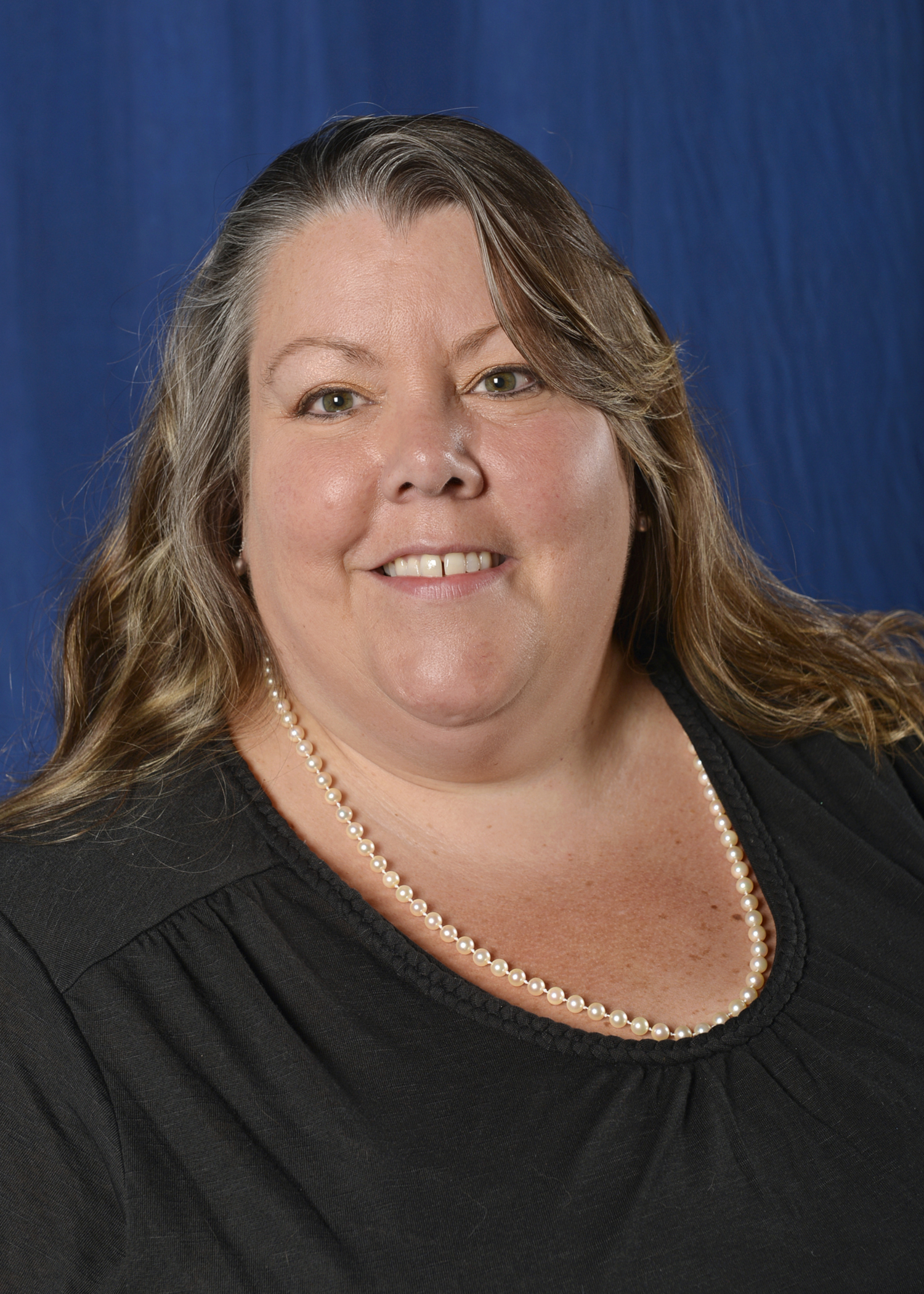Graduate Nursing Program
Welcome to Western’s Graduate Nursing Program!
Dr. Linda Warren, Ed.D RN MSN CCRN
Western’s graduates have a record of success, and are sought after by employers. They can be found in leadership positions throughout Connecticut and the northeast. Our graduates have a high rate of success on APRN certification exams.
Embarking on graduate study is an important decision in your professional career. If we can be of assistance to you in helping you to decide whether WCSU’s program is for you, please do not hesitate to contact me.
The (baccalaureate degree program in nursing/master’s degree program in nursing/Doctor of Nursing Practice program and/or post-graduate APRN certificate program) at Western Connecticut State University is accredited by the Commission on Collegiate Nursing Education, 655 K Street, NW, Suite 750, Washington, DC 20001, 202-887-6791.
Learn more about our Graduate Program:
Master of Science in Nursing (M.S.) Overview
The Master of Science in Nursing program at WCSU prepares nurses for leadership position in nursing practice, nursing education, and /or nursing management. Then program requires completion of 41 credits of specialized professional course work with courses organized in three components:
- A foundational core (theory, issues, research, foundations of practice)
- A role component specific to the selected role; and
- A role support component that provides a concentrated practicum experience in the selected role.
Students may prepare for either the nurse practitioner or clinical nurse specialist role. All students complete a sequence of clinical and role component courses, including a minimum of 500 hours of clinical practicum experiences under the guidance of a preceptor. Upon completion of the program, students are eligible to take the certification examination for their chosen role.
The program is designed for part-time study, with courses offered in the evening. Part-time study requires approximately 4 years for completion of the degree, although students are granted up to 6 years to complete the requirements.
Students enrolled in WCSU MS in Nursing have two options…
- Students preparing as Adult Gerontology Nurse Practitioners (NP) complete a sequence of clinical and role component courses, including 540 hours of clinical practicum. Upon completion of the program, students are eligible to sit for the national certification exam.
- Students in the Adult Gerontology Clinical Nurse Specialist (CNS) option take a blend of clinical and role component courses, including 500 hours of clinical practicum. Upon completion of the program, students are eligible to sit for the national certification exam.
Post-Master’s Study: Adult – Gerontology Nurse Practitioner
The department of nursing also offers post-master’s course work that prepares adult nurse practitioners to be eligible to take the adult nurse practitioner certificate exam. Admission to the program requires the following:
- Previous graduate course work in advanced pathophysiology
- M.S. in Nursing with a significant clinical component
- NUR 570, Advanced Clinical Pharmacology, or equivalent with in 5 years.
- Basic skills in health assessment, as evidenced by completion of a formal or continuing education program in the past five years or via successful testing prior to entry into the program.
Program Mission, Goals and Objectives
Conceptual Framework and Organizational Structure
The program of study leading to the M.S. in Nursing degree prepares nurses for roles as advanced practice nurses, with an option to prepare for certification as nurse practitioner or clinical nurse specialist. Each role requires completion of a foundational core, representing content common to the advanced study of nursing practice; a role component, representing content specific to the selected role; and a role support component, providing practicum experiences for transition into the selected role.
The curricular design assumes that education for the advanced practice of nursing requires substantial clinical experiences in aspects of the selected role, supervised by professional health care providers who have education and experience in the role, and occurring in a variety of settings. Clinical practicum experiences in the program enable students to develop clinical experiences that meet course objectives as well as their own specific learning needs and interests. The approach to clinical practice allows for flexibility in the time and places in which clinical experiences occur.
Foundational Core
Preparation for the advanced practice of nursing rests on a foundation of generalized knowledge and practice common to all roles. The M.S. in Nursing program addresses the following content areas as foundational to the advanced study of nursing: the theoretical bases of nursing practice; the contemporary issues encountered by the masters-prepared practitioner within the nursing profession and the broad health care field; critical thinking in the application of knowledge and skills to the identification and analysis of patient problems and their resolution through the development of clinical expertise and diagnostic reasoning ability; and the utilization of research and the appropriate application of the research process to the identification, analysis, and resolution of practice problems.
The approach to these areas of study is eclectic, offering students alternative conceptualizations of the field as
a basis for the analysis and critique of extant practice, theory, and research; the generation of creative alternatives
to present approaches to practice; and the formulation of personal conceptual interpretations of nursing
as a guide to practice, all within the context of a rapidly changing health care environment.
Advanced Practice Roles
The advanced practice of nursing may proceed through direct care, or blended roles. Direct care roles involve
management of the health care of a caseload of clients, for example, as nurse practitioner. Blended
roles combine elements of the direct care and a mediated role approach, as with the clinical nurse specialist.
Role Support
As students move toward completing the M.S. in Nursing program, they are helped to synthesize and apply curricular content to fulfilling their selected role. All students complete a substantial clinical practicum in which they enact all aspects of the selected role under the guidance of a qualified clinical preceptor. Seminar sessions address common places in each of the roles and promote sharing the experience and perspective of students engaged in these different roles.
Program Outcomes
Working with individuals and groups the graduate of the masters in nursing program will:
- Use evidence-based nursing interventions to generate research for the purpose of expanding nursing science.
- Demonstrate expertise in the provision of care to individuals and groups from diverse backgrounds across the health spectrum.
- Function in a variety of roles collaborating with other disciplines in the attainment of improved patient care and outcomes.
- Continuously evaluate their nursing practice in relation to professional standards and assume accountability for practice.
- Demonstrate comprehensive knowledge of policy formulation and how it impacts nursing practice and health care delivery.
- Analyze ethical issues as they affect communities, society, the health professions, and their own practice.
- Use technologies to integrate and support safe nursing practice, promote health information communication, teach patients and families, manage knowledge and mitigate errors.




